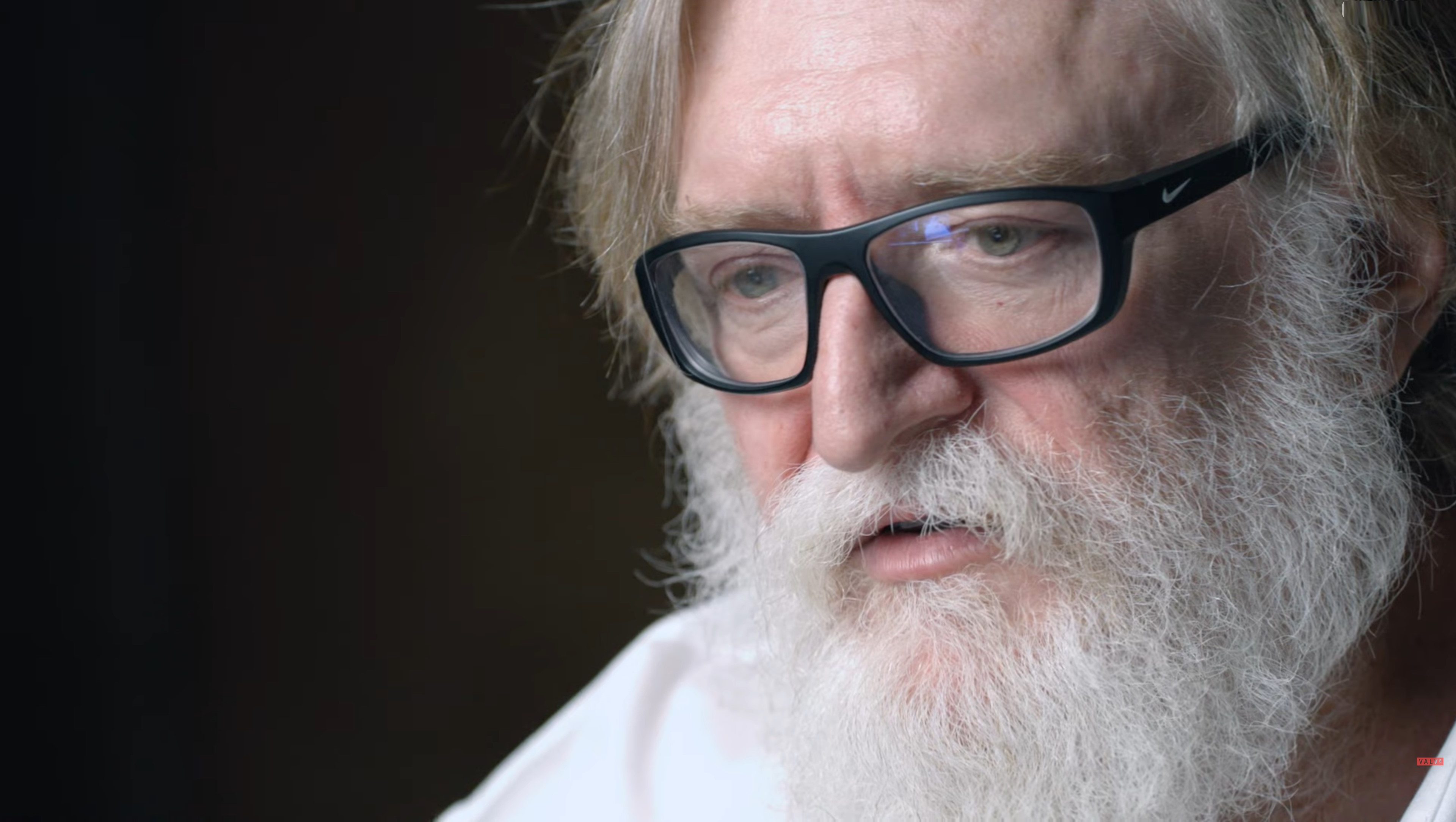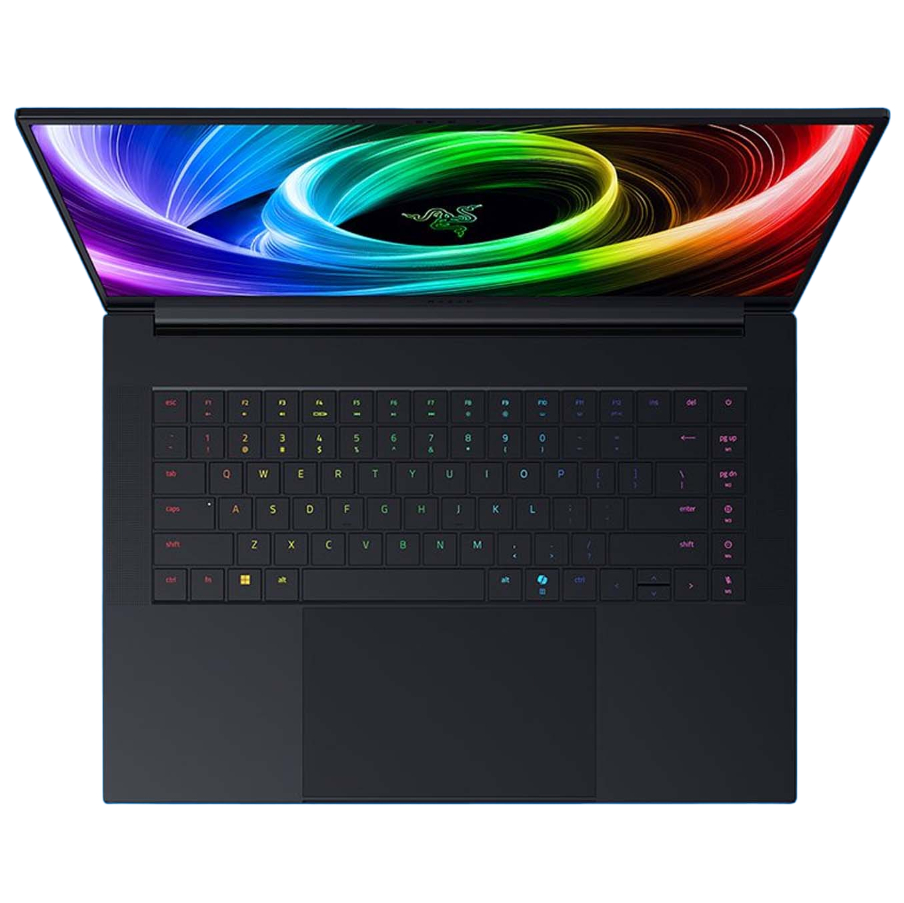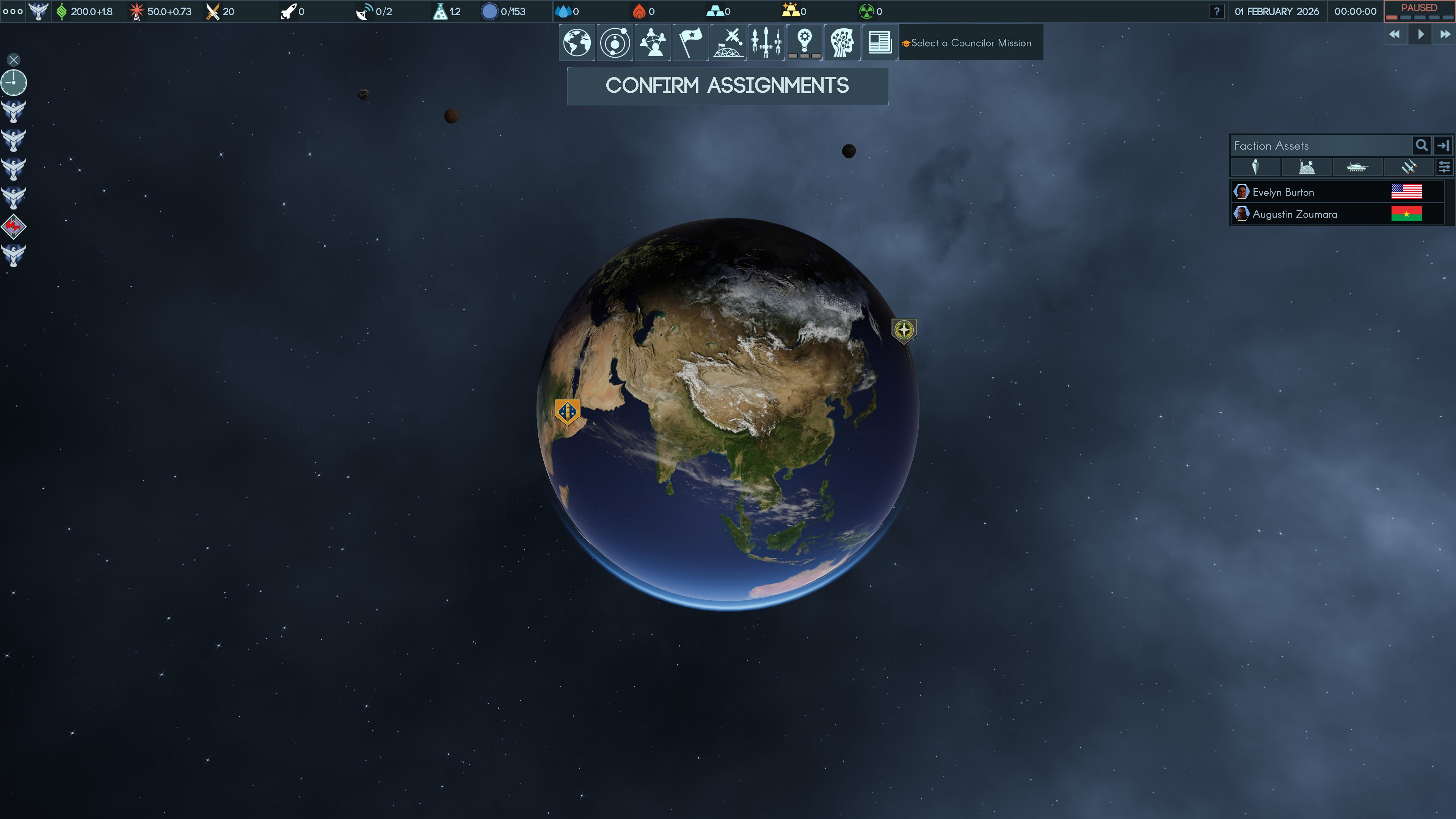Gabe Newell says young people need to use AI tools to get 'off to the races' rather than 'reading articles on Variety to try to understand what its impact is going to be'
"I think [AI is] going to be 10 times as significant as the impact of CGI was on filmmaking."

Gabe Newell, the co-founder of Valve Corporation and billionaire yacht-fancier, recently gave an interview to YouTuber Zalkar Saliev (TikTok, IG). The full interview covers things like Newell's daily routine ("get up, work, go scuba diving"), as well as some amusing drive-bys on conventional Silicon Valley wisdom, such as why startups chasing VC money makes no sense.
Newell is asked about AI, both the tech obsession of the moment and a field that has potential to upend elements of society: or so we're promised. The question put to Newell by Saliev is whether younger folk should be learning the technical side of AI, or focusing purely on the best way to use the tools?
"I think it's both," says Newell. "I think the more you understand what underlies these current tools the more effective you are at taking advantage of them, but I think we'll be in this funny situation where people who don't know how to program who use AI to scaffold their programming abilities will become more effective developers of value than people who've been programming, y'know, for a decade.
"Even if you're just a pure tool user you're going to find that the gains to utilising those tools are very, very high. But your ability to use those tools will continue to improve the more you understand the underlying methods and mindsets of people developing machine learning systems. So I think it's both, and I think they're highly complementary."
Newell goes on to give some specific examples, saying that "if you're a filmmaker and you don't understand how to use AI, you're really going to struggle in the not too distant future." Why? Because filmmakers who use AI will think to themselves "Oh, I could spin up a simple model to solve a very narrow problem that I have, and I understand its strengths and limitations and why I can't get away with not using a foundation model to solve a technical problem."
Once you're working like that, Newell reckons, you're "off to the races." As for the example of filmmaking, "I think [AI is] going to be 10 times as significant as the impact of CGI was on filmmaking, in terms of the value of being accomplished with those technologies and how it would affect your career trajectory in the filmmaking industry, I think multiply that by an order of magnitude."
"Value" is a word that Newell uses a lot, and in this context it's about practicality: the distinction between someone knowing a technology exists, versus the person just getting in there and using it and understanding the limitations.
Keep up to date with the most important stories and the best deals, as picked by the PC Gamer team.
"If you're a tool user, it will help you understand the capabilities when a lot of other people will be reading articles on Variety to try to understand what its impact is going to be on the industry," says Newell. "Whereas some 19 year-old kid in his or her bedroom is like, 'Oh, you guys really don't understand this. I actually use this tool, and unless you're a regular user of it, and have seen how it's evolving and have a sense of how it's going, you're going to completely miss the opportunities of how to take advantage of it.'
"And that same person in their bedroom, the more they try to write a little bit of code or try to dig into the research papers on the topic, the more that they're going to find that it's just trying to accelerate that process even further."
Newell is positive on AI and this shouldn't be any surprise: the man loves new technology, has constantly pushed Valve into technical experiments (some with enormous success, some not so much), and has co-founded Starfish Neuroscience, a company focused on neural interfaces. His bullishness is no surprise, even if the wider story of the tech is a little more complicated than sunshine and lollipops.

👉Check out our list of guides👈
1. Best gaming laptop: Razer Blade 16
2. Best gaming PC: HP Omen 35L
3. Best handheld gaming PC: Lenovo Legion Go S SteamOS ed.
4. Best mini PC: Minisforum AtomMan G7 PT
5. Best VR headset: Meta Quest 3

Rich is a games journalist with 15 years' experience, beginning his career on Edge magazine before working for a wide range of outlets, including Ars Technica, Eurogamer, GamesRadar+, Gamespot, the Guardian, IGN, the New Statesman, Polygon, and Vice. He was the editor of Kotaku UK, the UK arm of Kotaku, for three years before joining PC Gamer. He is the author of a Brief History of Video Games, a full history of the medium, which the Midwest Book Review described as "[a] must-read for serious minded game historians and curious video game connoisseurs alike."
You must confirm your public display name before commenting
Please logout and then login again, you will then be prompted to enter your display name.


